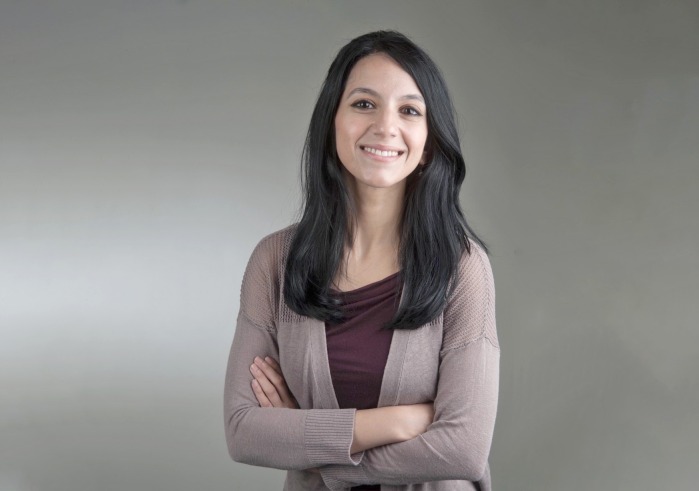Beyond Borders: Professor Fatima Rahman Explores Intersection of Religion, Gender, and Politics in the Middle East

At a time of intensified conflicts around the world, Fatima Rahman, visiting assistant professor of International Studies at SUA since 2022, is committed to giving her students an education that allows them to develop well-informed opinions. Rahman primarily teaches courses on the Middle East and North Africa. Her research examines the intersection of religion and politics with a focus on the status of women and minorities. Rahman holds a B.A. from the University of California, San Diego, and completed her Ph.D. in political science at the University of California, Irvine.
Tell us a bit about your background, and what prompted your interest in the topics you study and teach at SUA?
My research is at the intersection of religion and politics, with a regional focus in the Middle East and North Africa. In particular, I am interested in understanding how state and societal factors affect the status of different religious and ethnic minority groups and women. My interest in this area can be partially attributed to my personal background and heritage. My parents decided to immigrate to the United States well before I was born to avoid persecution in their country of origin because of their minority group status. They wanted to make sure that their children would be able to achieve all their aspirations without facing the discrimination that they did. Having this personal background, I wanted to better understand the complex factors that create state and societal discrimination against certain groups of people.
Some of your recent research looked at Muslim American women’s attitudes toward Islamic law and its impact on their rights and behavior. What were some of your findings?
There are a number of important findings from that research project. I will highlight a couple of the descriptive ones. The first is that Muslim American women’s views on Islamic law are not monolithic. There is variation. The second is that despite the variation, overall there is more support for it. A majority of the women interviewed have favorable views of Islamic law because of the rights that it grants them, including financial independence and autonomy. These findings did not surprise me. As an academic focused on the status of women in the Middle East as well as American women of Middle Eastern and Muslim heritage, I was familiar with previous scholarship that substantiated the pluralistic attitudes of these two populations and their favorable views of their religion.
It seems that women in many spots in the Middle East have lost status and rights in recent years. Do you see this as something that might reverse course in the future?
My research finds that overall there is a statistically significant positive effect of time on women’s status in the Middle East and the broader Muslim world. So as time progresses, we see the increasing empowerment of women. One major exception is Afghanistan, where we have seen the Taliban come to power again. Under the Taliban regime, women have been stripped of fundamental rights that Islam grants them, such as the right to an education, the right to work and be financially independent, and the right to make decisions in personal matters like marriage. Unfortunately, backward and extremist groups like the Taliban maliciously exploit religion to oppress large segments of the population and maintain power.
You teach a class on conflict in the Middle East. How has the outbreak of war affected what you are teaching and how students respond to it?
One of the courses I offer is Peace and Conflict in the Middle East, which focuses on the major conflicts in the region. About two-thirds of the course is allocated to the study of the Israeli-Palestinian conflict. I was teaching the course in the fall 2023 semester, and about a month into the class the war in Gaza and Israel broke out. The course content is very relevant to international politics regardless of the semester in which the course is being taught because we are studying ongoing conflicts or conflicts that may not be active but have present-day repercussions. When the war broke out, it brought the relevance of the topic to a whole new level because we were observing an acute phase of the conflict in real time. Every single one of my students went above and beyond the course requirements to immerse themselves in the content. I could not be more proud of how much genuine commitment they exhibited to understand and analyze the events on the ground.
SUA is a university built on a pacifist foundation. Does that affect how and what you teach compared to how you might at another university?
I try to maintain an objective and empirical approach to my teaching. My personal opinions are irrelevant, and I provide students with the tools to develop their own unique perspectives and points of view. Many of the topics I teach in my courses are contentious because that is the nature of politics. In these situations, I do my best to expose students to all sides, so that they have an understanding of the competing perspectives.
